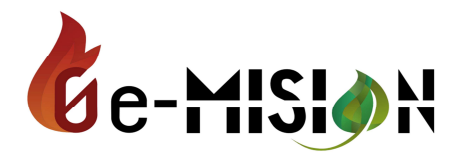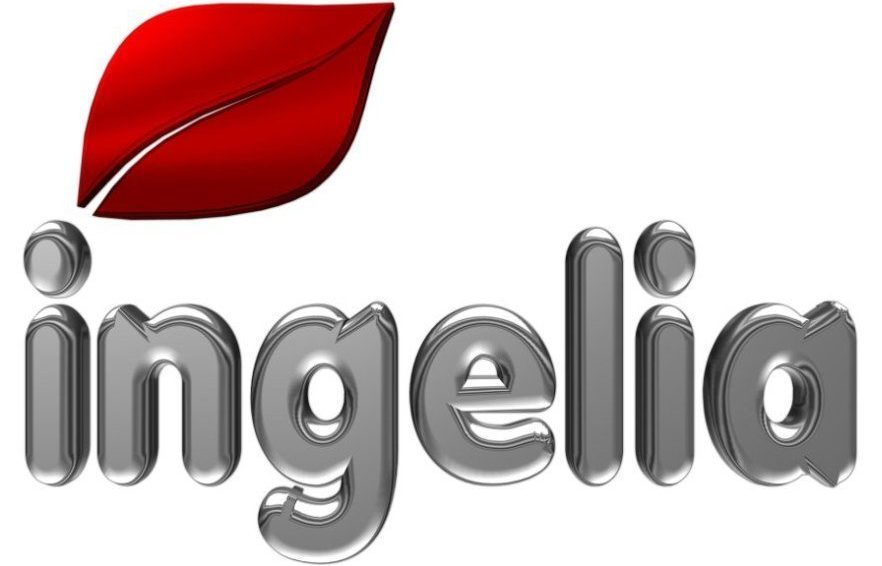
Ingelia participates in the project “NEW GENERATION OF ENERGY USE SYSTEMS OF RESIDUAL BIOMASS WITHOUT EMISSIONS. TOWARDS CARBON NEGATIVE ENERGY SOURCES. (0e-MISION)” financed by the call “MISIONES” of the CDTI and the Ministry of Science and Innovation.
0e-MISION brings together a group of ambitious companies eager to move forward, which with the support of research organizations and proven experience in their fields of activity, propose to focus research in the field of energy, towards the search for solutions that reduce the pollution of the air we breathe, from the total elimination of emissions in current combustion equipment for electrical and thermal production, at all scales.

The GENERAL objective of the 0e-MISION project is to create a solution for the generation of electrical and thermal energy that, in its complete life cycle, helps to reduce the carbon footprint and polluting emissions, using waste and residual biomass. The proposal is based on the creation of a complete system that allows the combustion of waste and residual biomass of different origins to obtain electrical and thermal energy.
The system includes the creation of a new concept of combustion equipment, an emissions biofilter, capable of capturing polluting emissions, and a confined system for intensive vegetable production, capable of recovering residual heat and absorbing carbon dioxide. The complete system will allow the creation of a source of energy at a lower cost and with very important benefits associated with waste management, improvement in air quality, maintenance of natural resources and the generation of wealth and jobs at the local level.
The 0e-MISION project (MIP-20201045) has been financed by the CENTRO FOR TECHNOLOGICAL DEVELOPMENT AND INNOVATION E.P.E. (CDTI) through the call “Science and Innovation Missions of the year 2019” which is part of the State Plan for Scientific Research and Innovation 2017-2020. The start date of the project is November 2020 and it ended in April 2023, with a budget of €2,138,804.00 and a grant of €1,514,307.65.
![]()

 Castellano
Castellano English
English